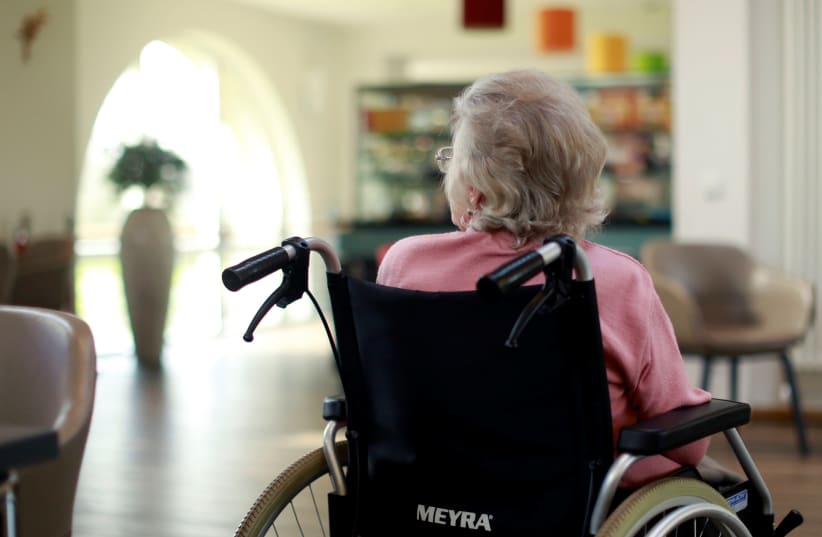A plan to increase the retirement age for women from 62 to 65 has been on the agenda for the better part of a decade. So why hasn’t it happened until now, and why would the current budget plan succeed?
Life-expectancy figures around the world have been climbing gradually for decades, and the global average of 73.2 is more than 25 years higher than it was in the 1950s.
Israel’s average life expectancy of about 83.5 ranks No. 12 in the world, according to UN records. Women in Israel live an average of nearly 85 years, while men are expected to live nearly 82 years.
Correspondingly, retirement ages have risen around the world. The retirement age for men has remained stable at 67 for some time. However, the current retirement age of 62 for women in Israel is one of the lowest in the world. The average age among OECD countries is 65.8.
Israel is also one of the few countries where there is a gap between the retirement age for women and that of men.
Therefore, the argument for raising the retirement threshold for women is clear, according to the Finance Ministry. Without raising it, the aging of the population will lead to a dramatic increase in the state’s old-age benefits and healthcare payments, which could hurt the stability of the National Insurance Institute.
The low retirement age for women also adversely affects the position of older women in the labor market, harming their abilities to continue to support themselves as they near retirement age.
Under the new plan, the retirement age for women will be gradually raised by three or four months a year over 11 years until it reaches the age of 65 in 2032.
Those opposed to raising the retirement age say older women are already struggling to stay employed in their late fifties, and deferring the retirement age would leave them unemployed for longer without access to their pension funds, according to Tel Aviv University’s Prof. Yotam Margalit, a senior fellow at the Israel Democracy Institute.
However, the new program includes a set of tools for older women that are aimed at mitigating these concerns, he said.
Among the benefits the plan calls for are extending the period of unemployment benefits for women at older ages to 12 months, increasing work grants available for working women and increasing the budget for vocational training and scholarships for women.
In addition, the amount of income that recipients of a senior citizen’s pension may earn without offsetting the old-age pension will increase significantly, so that even old-age pension recipients whose salary is higher than NIS 6,000 can receive a full pension.
The creation of this “toolbox” is one reason why the Finance Ministry’s new budget may succeed where previous ones failed, Margalit said.
Timing is also a factor, he added. In the past, the Histadrut labor federation has used the retirement issue as a bargaining chip for its larger workforce negotiations. However, the economic crisis during the pandemic has made the financial challenges of NII and the pension funds so acute that there is no longer any alternative, Margalit said.
Histadrut chairman Arnon Bar-David and Na’amat-Movement of Working Women and Volunteers chairman Hagit Peer recently said their organizations do not oppose in principle raising the retirement age for women, provided that the move is accompanied by “complementary tools that will support women who are harmed by the move and promote gender equality in the labor market.”
Raising the retirement age along with the supportive measures is one of the most significant structural steps that can be taken for the economy, the Finance Ministry said Monday.
Economists believe it will increase the employment rates of older women and their pension benefits during the retirement period, increase social-security stability, avoid the need to reduce the benefits of old-age pension funds and reduce inequality between men and women in the labor market.
It remains to be seen whether the Finance Ministry will succeed with the plan this time around.
